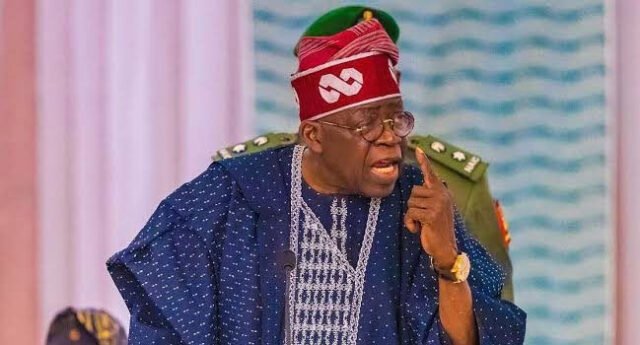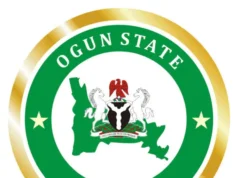The Presidency of Nigeria has revealed a sweeping set of reforms in the education sector under President Bola Ahmed Tinubu’s administration. These reforms, articulated as part of the government’s “Renewed Hope” agenda, aim to revitalise learning, improve student welfare, and align curricula with the demands of the 21st century. Stakeholders across the country are watching closely as the initiatives promise ambitious changes in policy, curriculum, and school life.
The key reforms were communicated by Olusegun Dada, Special Assistant to the President on Social Media, via a post on X (formerly Twitter) on Saturday. They represent what the federal government describes as steps towards fulfilling its promise of renewed hope for Nigerians—particularly the young and those in education.
Table of Contents
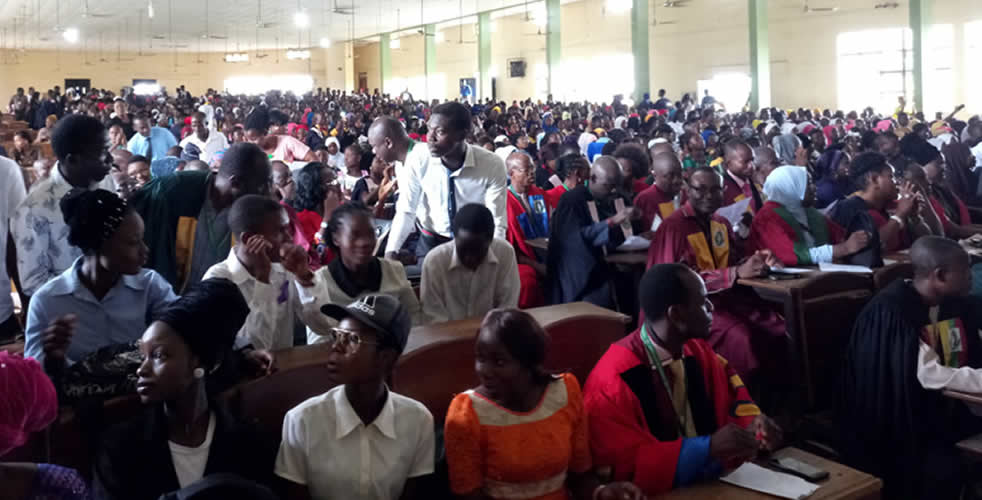
Pillars of the Presidency Reform Agenda
Among the announcements, several measures stand out as foundational to the administration’s education overhaul:
- Introduction of the Student Loan Scheme: One of the most significant shifts is the rollout of a formal student loan programme. The government intends this to ease financial barriers for students entering tertiary institutions. If managed well, the scheme could help many who struggle to meet the rising costs of tuition, accommodation, and learning materials.
- Reinstatement of History as Core Subject at All Levels: Moving beyond the narrow utilitarian scope of some curricula, the government is restoring history as a core subject in all levels of schooling. This recognises the role of historical knowledge in shaping national identity and fostering civic understanding among students.
- Introduction of the “Education for Renewed Hope” Roadmap (NESRI): The administration has also launched the Nigeria Education Sector Reform Initiative (NESRI), dubbed the Education for Renewed Hope Roadmap. This is expected to guide policy decisions, target investment, and set benchmarks for progress across different segments of the education system.
- Curriculum Review Emphasising Entrepreneurship, Digital Literacy, and Civic Education: To prepare students for emerging job markets, the curriculum will be revised. New emphases will include entrepreneurial skills, digital literacy, and civic education—areas considered essential for building not just employable graduates, but responsible citizens.
- Expansion of School Feeding Programme with Digital Registries Linked to NIMC: Recognising that learning suffers when students are hungry, the government plans to expand its school feeding programme. To ensure accountability and reach, this expansion will rely on digital registries tied to the National Identity Management Commission (NIMC). This linkage aims to improve tracking of beneficiaries and reduce leakages or exclusion.
These reforms signal a multi-pronged approach: improving access, restoring cultural and national values, modernising curricula, and enhancing welfare programmes.
Implications and Challenges Ahead as Presidency Unveils Major Reforms in Nigeria’s Education Sector
While the reforms are ambitious—and many Nigerians will welcome them—they are not without challenges. The Presidency’s announcements are the beginning; implementing them successfully will require sustained effort, coordination, and oversight.
Funding and Infrastructure: Implementing a student loan scheme, for example, requires not just policy design but significant funding sources and repayment structures. Many who have pursued tertiary education in Nigeria in recent decades have voiced concerns about irregular funding, dilapidated facilities, poor internet access, and overcrowded classrooms. Upgrading infrastructure, modern laboratories, and reliable connectivity will be essential, especially for digital literacy training.
Teacher Capacity and Training: For initiatives like entrepreneurship and civic education to work, teachers must be properly trained. Teachers will need professional development to adopt new teaching methods, integrate technology in classrooms, and handle a revised curriculum that may be more demanding in terms of content, delivery, and assessment.
Curriculum Development and Local Relevance: While the proposed curriculum review promises inclusion of modern skills, it must balance global best practices with local realities. The history reinstatement should reflect Nigeria’s diverse narratives; entrepreneurship training must be tailored to local economies; digital literacy must consider power supply and access to devices.
Monitoring, Transparency, and Accountability: Linking school feeding programmes to digital registries and national identity mechanisms is promising—but it also raises questions of data protection, accuracy of registries, and potential exclusion of marginalized populations. Clear policies and transparent reporting will be needed to ensure that the intended beneficiaries are those who benefit.
Policy Continuity and Political Will: Past reforms in Nigeria’s education sector have sometimes faltered due to changes in government priorities or inadequate follow-through. For these reforms to stick, they must enjoy continued political will, stable leadership, and consistent budgetary commitment. Stakeholders—parents, teachers, students, civil society—will likely demand visible progress.
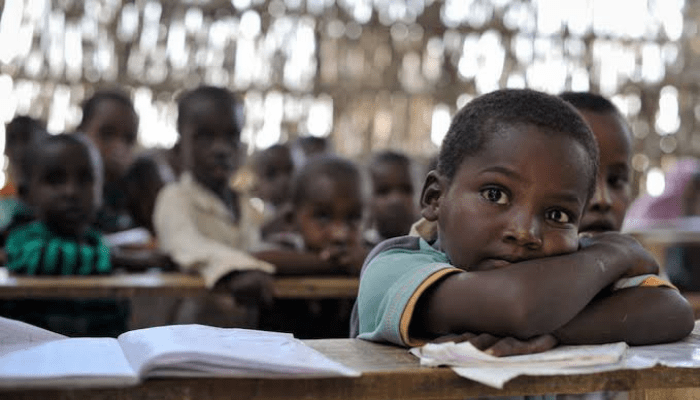
What This Presidency’s Reforms Mean for Learners, Schools and Nigeria’s Future
Ultimately, the success of these education reforms will be measured in how they affect students, schools, and society at large.
For learners, the prospective student loan scheme could reduce financial burden, allowing more students to stay in school or pursue further studies. The improved curriculum might make education more relevant, providing skills that align with modern workplace demands. Reinstating history as a core subject may foster a deeper sense of identity and informed citizenship.
For schools and educators, there will be significant adjustments. Schools may require new materials, technology, and perhaps even structural changes to support new teaching loads and methods. Teachers will need support—training, resources, perhaps incentives—to adapt. School administrators will have to manage new systems, particularly with the digital component of school feeding and identity registries.
For Nigeria as a nation, the reforms could have long-term payoffs: a more skilled workforce, better civic engagement, stronger national identity, and possibly, reduced inequities in education access. If digital literacy is well integrated, it could support Nigeria’s participation in global innovation, tech sectors and digital economies. Civic education and entrepreneurship may help orient youth away from unemployment and toward self-initiative and social responsibility.
Looking Ahead: What Must Be Done
To ensure that the reforms do more than just look good on paper, several steps will be crucial:
- Stakeholder Engagement: The government should involve teachers, parents, unions, community leaders, students, and state governments in the roll-out. Policy design should be informed by those on the ground to ensure feasibility, local relevance, and acceptance.
- Clear Timelines and Targets: For each element—student loans, curriculum overhaul, feeding programmes—there should be published timelines, clear deliverables, monitoring mechanisms, and evaluation criteria. Regular progress reports will help build trust and track challenges early.
- Resource Allocation and Budgeting: The federal and state governments need to commit sufficient funds, perhaps reallocate or raise revenue, ensure a consistent flow, and protect funds from diversion. Public-private partnerships could be mobilised especially for infrastructure, technology deployment, and feeding programme logistics.
- Capacity Building: Teacher training, digital infrastructure, learning materials, and administrative support will have to be scaled up. Partnerships with educational technology firms, NGOs and donor agencies may help fill gaps, particularly in underserved areas.
- Ensuring Inclusivity: Particular attention must be paid to remote, rural, and disadvantaged communities. Digital divisions should not exacerbate existing disparities. Also, data protection and the rights of children must be safeguarded in all registries and databases.
- Sustainability and Resilience: Policies must build in ways to withstand changing economic cycles, political turnovers, and shifts in administration. Reforms should be institutionalised—enshrined in law, regulations, or educational frameworks—to survive beyond short-term leadership cycles.
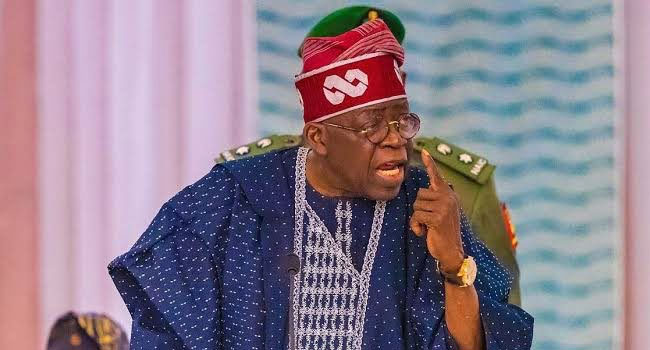
Conclusion
The Presidency’s revealed reforms in Nigeria’s education sector under the Renewed Hope agenda hold potential to transform learning, teaching, and school welfare across the country. But turning promise into reality will take more than announcements: it will need precise implementation, collaborative effort, sustained funding, and strong oversight. If successful, these reforms could mark a turning point for Nigerian education—and for its youth.
Join Our Social Media Channels:
WhatsApp: NaijaEyes
Facebook: NaijaEyes
Twitter: NaijaEyes
Instagram: NaijaEyes
TikTok: NaijaEyes
READ THE LATEST EDUCATION NEWS


